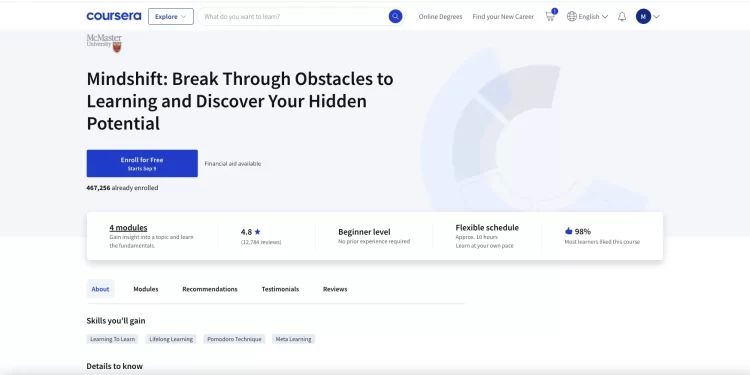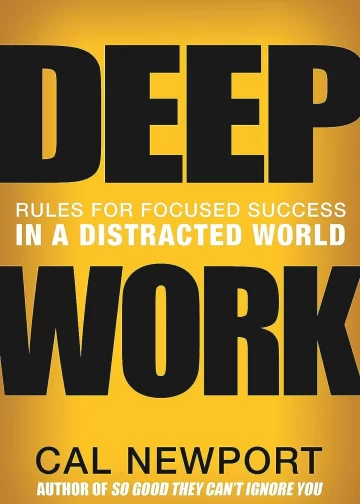As developers, we often face decisions that affect our professional growth and personal well-being. The tech world moves fast, and we’re frequently nudged (or shoved) to adopt new tools, join new teams, or even move to new work environments. But something that might surprise you: sticking with what you know can sometimes lead to more significant benefits than you’d expect.
Table of Contents
Why Am I Betting on Staying in My Comfort Zone?
In my journey, I’ve worked with several companies, from startups to established businesses across different countries. It wasn’t always easy, but one valuable lesson I’ve learned is that familiarity breeds efficiency. When you understand the tools, environment, and team dynamics, your productivity increases, allowing you to focus on what truly matters—solving problems effectively. While learning new things is essential to any developer’s role, constantly overwhelming yourself with unfamiliar processes can lead to unnecessary stress.
Joining new teams or companies is lucrative, promising better pay or career growth. However, the transition can often be overwhelming. You might struggle to adapt to new technologies, tools, and environments. Instead, sticking to what you’re familiar with and refining those skills can make you more valuable in the long run. By deepening your expertise, you’ll prepare for future challenges—avoiding at least 50% of the obstacles while efficiently tackling the rest.
This approach can free up time to explore meaningful pursuits beyond work. You could invest time in a side business, set long-term financial goals, or focus on creating a more fulfilling life. Sometimes, betting on your comfort zone can lead to the most rewarding personal and professional growth opportunities.

The Cost of Adapting to New Environments
At one point, I switched jobs, hoping it would open doors to new learning opportunities. I believed that new colleagues and a fresh environment would push me out of my comfort zone for the better. But things don’t always go as planned.
You may not always click with your team, or the company culture might not align with your values. A few times, I found myself in environments where interpersonal conflicts arose—sometimes subtle, other times blatantly uncomfortable. These situations lead to more than just awkwardness; they can affect your mental health and, ultimately, your job performance.
Sometimes, you might feel isolated. Even though your boss and team are there to help, you might hesitate to seek support because trust takes time to build. In contrast, in a familiar team, you can often rely on colleagues who understand your work style and can offer help, sometimes even before you ask. Someone might notice your struggle just by reading your expression and offering a hand.
Starting fresh in a new place, without that established support system, can create a lot of stress—especially when you’re just beginning your career. This sense of isolation can weigh heavily on your well-being, making it even harder to adjust to new challenges.
Work-Life Balance Is More Crucial Than Just Financial Goals
As a developer, getting caught up in the excitement of new opportunities is easy. But let’s not forget that work-life balance is crucial. I’ve been in situations where new roles came with better pay, but they also brought extra responsibilities that disrupted my routine, affected my relationships, and even impacted my health. Over time, I realized that stabilizing my financial status was just as important as professional growth.

No Need to Tackle Every Challenge
Sometimes, we need to take every challenge thrown our way. But you don’t have to solve every problem; staying in your lane is fine. By sticking to my comfort zone—what I do best—I’ve achieved more than when I stretched myself too thin. Mastering your domain, building upon it, and creating a niche can be as rewarding as hopping from one tech trend to another.
In conclusion, evaluating when stepping out of your comfort zone will benefit you is essential. New environments and challenges aren’t always the answer to career satisfaction; sometimes, sticking to what you know can provide the stability you need to thrive personally and professionally.
🚀 Before You Go:
- 👏 Found this guide helpful? Give it a like!
- 💬 Got thoughts? Share your insights!
- 📤 Know someone who needs this? Share the post!
- 🌟 Your support keeps us going!
💻 Level up with the latest tech trends, tutorials, and tips - Straight to your inbox – no fluff, just value!













Great write-up, I’m regular visitor of one’s site, maintain up the excellent operate, and It is going to be a regular visitor for a lengthy time.